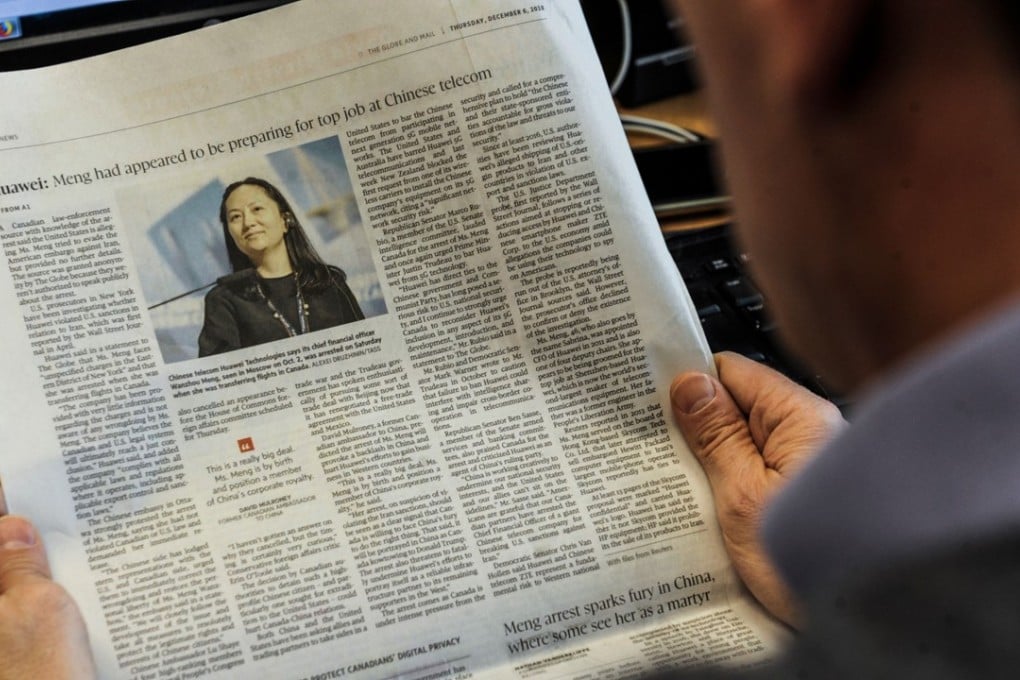Explained: how the US uses anticorruption laws and sanctions to police the world
- The cases of Patrick Ho and Sabrina Meng Wanzhou show the extraterritorial reach of US authorities

It does not matter that there were no American citizens involved – since 1977, the FCPA has allowed the US to become the anticorruption policeman for the whole world.
“There are a lot of instances where the total conduct has taken place outside the US, by non-US persons. It’s a non-US company and non-US government officials, going about their business outside the US. But if any of the money transited through the US, if there was a bank account that was draw on there, or if a server based in the US was used to send an email, there is jurisdiction,” said Wendy Wysong, who leads the Asia-Pacific anticorruption and trade controls practice at law firm Clifford Chance.
Eberhard Reichert, a German national and Siemens executive, was extradited to the US in 2017. He was arrested in Croatia on charges of taking part in a US$100 million scheme to bribe Argentinian officials for a contract to produce national identity cards in 1996.
The biggest case in FCPA history, meanwhile, involved the Brazilian national energy company Petrobras. It was handed a US$853.2 million criminal penalty by the US Department of Justice for bribing politicians in Brazil. Petrobras had subsequently accessed US capital markets and was, thus, deemed to be within its jurisdiction.